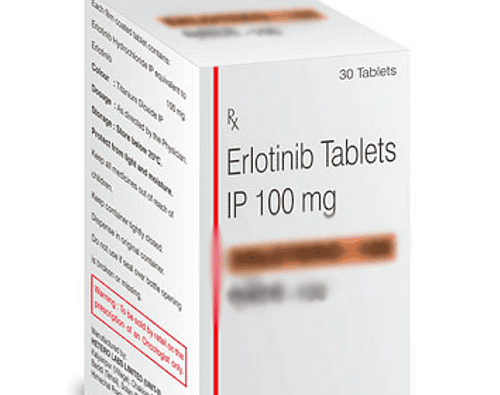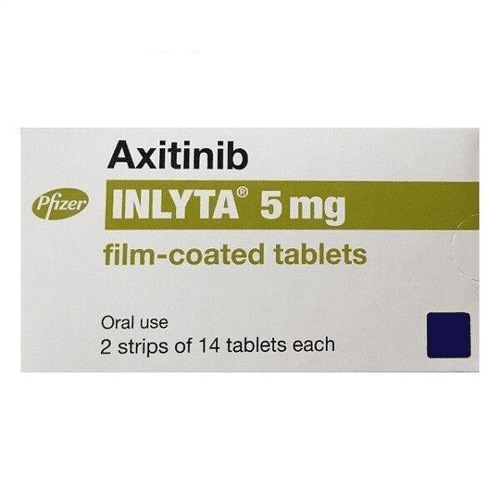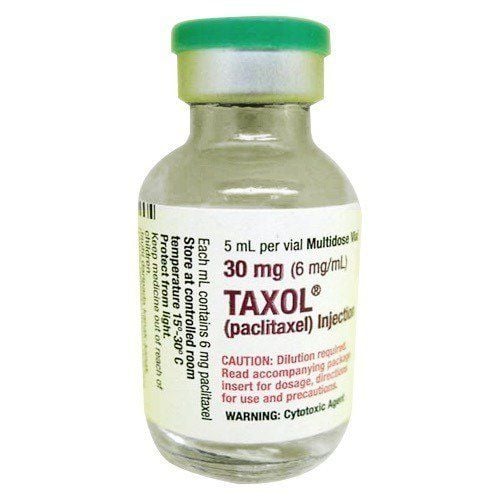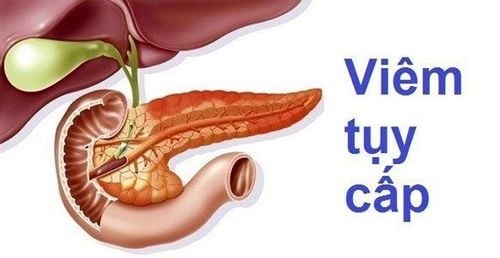This is an automatically translated article.
Pancreatin is a drug that should be used with caution in cases of bile duct obstruction or high levels of bilirubin in the blood plasma. Note that the patient should not chew or suck on Pancreatin tablets. So what does Pancreatin do?
1. What does Pancreatin do?
The use of Pancreatin is to replace digestive enzymes when the patient's body cannot produce enough on its own. Certain medical conditions can cause enzyme deficiency such as cystic fibrosis, pancreatitis, pancreatic cancer, or patients who have had pancreatic surgery. Pancreatin is also used to treat Steatorrhea (watery, fatty stools).2. How is Pancreatin used?
Use Pancreatin exactly as directed on the label or as directed by your doctor. Doctors may sometimes change the dose of Pancreatin to make sure a patient gets the best results. Do not use Pancreatin in larger, smaller amounts, or for longer than directed by your doctor.
Pancreatin should be taken with food or snacks along with plenty of water. Do not keep Pancreatin tablets in the mouth as the medicine may cause irritation inside the patient's mouth. Do not crush, chew, or break the pancreatin tablet, swallow it whole. Pancreatin medicine is stored at room temperature, away from moisture, protected from light, do not store in the bathroom, out of reach of children and pets.
3. Dosage of Pancreatin
Dosage of Pancreatin for adults with malabsorption syndrome:
Initial dose: about 8000-24,000 USP lipase-active units taken before or with meals or snacks. Sometimes an increased dose of Pancreatin up to 36,000 USP lipase units may be recommended. The total dose of Pancreatin is to be taken daily in equally divided doses about 1-2 hours throughout the day. Usual Adult Dose of Pancreatin for Indigestion: Approximately 1200 - 2400 USP lipase-active USP units, take Pancreatin before or with a meal or snack.
The dose of Pancreatin for children has not been studied and decided yet. Consult your doctor if you want to give Pancreatin to your child.
4. Pancreatin side effects
Patients may experience side effects when taking Pancreatin:
Pancreatin is quite safe to take for people with pancreatic problems who cannot digest food properly. However, some Pancreatin medicinal products are contaminated with Salmonella bacteria that can cause illness. Be sure to take Pancreatin from a trusted source. Pancreatin can cause nausea, vomiting, diarrhea, itchy mouth, skin irritation, allergies. High doses of Pancreatin can cause problems such as high blood pressure due to uric acid, damage to the colon; Not all patients experience these side effects of Pancreatin, in fact there may be other side effects not mentioned. If the patient has any questions about the side effects of Pancreatin, please consult with your doctor or pharmacist.
5. Be careful when using Pancreatin
Patients should not take Pancreatin if they are allergic to pork protein or if they have sudden onset pancreatitis or sudden worsening of pancreatic problems; To make sure Pancreatin is safe to use, tell your doctor if you have gout, asthma or allergies; Things to keep in mind if a pregnant or nursing patient wants to use Pancreatin:
There are not enough studies to determine the risks of taking Pancreatin during pregnancy or breast-feeding. Before taking Pancreatin, always consult with your doctor to weigh the benefits and risks. Pancreatin is a class C drug for pregnancy, according to the US Food and Drug Administration (FDA).
Please dial HOTLINE for more information or register for an appointment HERE. Download MyVinmec app to make appointments faster and to manage your bookings easily.













